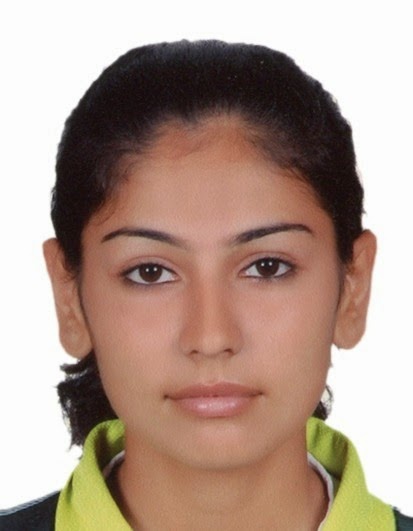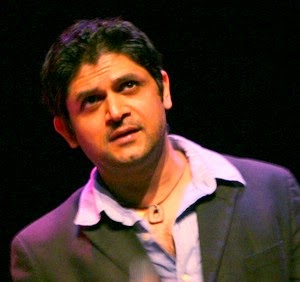Azim Hashim Premji (born 24 July 1945) is an Indian business tycoon and philanthropist who is the chairman of Wipro Limited, guiding the company through four decades of diversification and growth to emerge as one of the Indian leaders in the software industry. According to Forbes, he is currently the fourth wealthiest Indian, and the 61st richest in the world, with a personal wealth of $15.3 billion in 2014. In 2000, he was voted among the 20 most powerful men in the world by Asiaweek. He has twice been listed among the 100 most influential people by TIME Magazine, once in 2004 and more recently in 2011. Premji owns 75% percent of Wipro and also owns a private equity fund, PremjiInvest, which manages his $1 billion personal portfolio.
Career
In 1966, on the news of his father's death, the then 21-year-old Azim Premji returned home from Stanford University, where he was studying engineering, to take charge of Wipro. The company, which was called Western Indian Vegetable Products at the time, dealt in hydrogenated oil manufacturing but Azim Premji later diversified the company to bakery fats, ethnic ingredient based toiletries, hair care soaps, baby toiletries, lighting products, and hydraulic cylinders. In the 1980s, the young entrepreneur, recognising the importance of the emerging IT field, took advantage of the vacuum left behind by the expulsion of IBM from India, changed the company name to Wipro and entered the high-technology sector by manufacturing minicomputers under technological collaboration with an American company Sentinel Computer Corporation.Thereafter Premji made a focused shift from soaps to software.
Personal life
Azim was born in Mumbai India in a Muslim family originally hailing from Kutch in Gujarat. His grandfather was a noted businessman and was known as Rice King of Burma. After partition, when Jinnah invited his grandfather to come to Pakistan, he turned down the request and chose to remain in India.
He has a Bachelor of Science in Electrical Engineering degree (equivalent to a Bachelor of Engineering degree) from Stanford University, USA. He is married to Yasmeen. The couple have two children, Rishad and Tariq. Rishad is currently the Chief Strategy Officer of IT Business, Wipro.
Premji has been recognised by Business Week as one of the Greatest Entrepreneurs for being responsible for Wipro emerging as one of the world's fastest growing companies.
In 2000, he was conferred an honorary doctorate by the Manipal Academy of Higher Education. In 2006, Azim Premji was awarded Lakshya Business Visionary by National Institute of Industrial Engineering, Mumbai. In 2009, he was awarded an honorary doctorate from Wesleyan University in Middletown, Connecticut for his outstanding philanthropic work.
In 2005, the Government of India honoured him with the title of Padma Bhushan for his outstanding work in trade and commerce.
In 2011, he has been awarded Padma Vibhushan, the second highest civilian award by the Government of India.
In 2013, he received the ET Lifetime Achievement Award.
Philanthropy
Azim Premji Foundation and University
In 2001, he founded Azim Premji Foundation, a non-profit organisation, with a vision to significantly contribute to achieving quality universal education that facilitates a just, equitable, humane and sustainable society. The Foundation works in the area of elementary education to pilot and develop 'proofs of concept' that have a potential for systemic change in India's 1.3 million government-run schools. A specific focus is on working in rural areas where the majority of these schools exist. This choice to work with elementary education (Class I to VIII) in rural government-run is a response to evidence of educational attainment in India.
The non-profit organisation set up by Premji in 2001 currently functions across Karnataka, Uttarakhand, Rajasthan, Chhattisgarh, Pondicherry, Andhra Pradesh, Bihar and Madhya Pradesh, in close partnership with various state governments. The foundation has worked largely in rural areas, to help contribute to the improvement of quality and equity of school education.
In December 2010, he pledged to donate $2 billion for improving school education in India. This has been done by transferring 213 million equity shares of Wipro Ltd, held by a few entities controlled by him, to the Azim Premji Trust. This donation is the largest of its kind in India.
The Azim Premji University was established under an act of the Karnataka Legislative Assembly to run programmes to develop education and development professionals, offer alternative models for educational change and also invest in educational research to continuously stretch the boundaries of educational thinking.
The Giving Pledge
Azim Premji has become the first Indian to sign up for the The Giving Pledge, a campaign led by Warren Buffett and Bill Gates, to encourage the wealthiest people to make a commitment to give most of their wealth to philanthropic causes. He is the third non-American after Richard Branson and David Sainsbury to join this philanthropy club.
"I strongly believe that those of us, who are privileged to have wealth, should contribute significantly to try and create a better world for the millions who are far less privileged"--- Azim Premji
In April 2013 he said that he has already given more than 25 per cent of his personal wealth to charity.
Ref: Wikipedia






